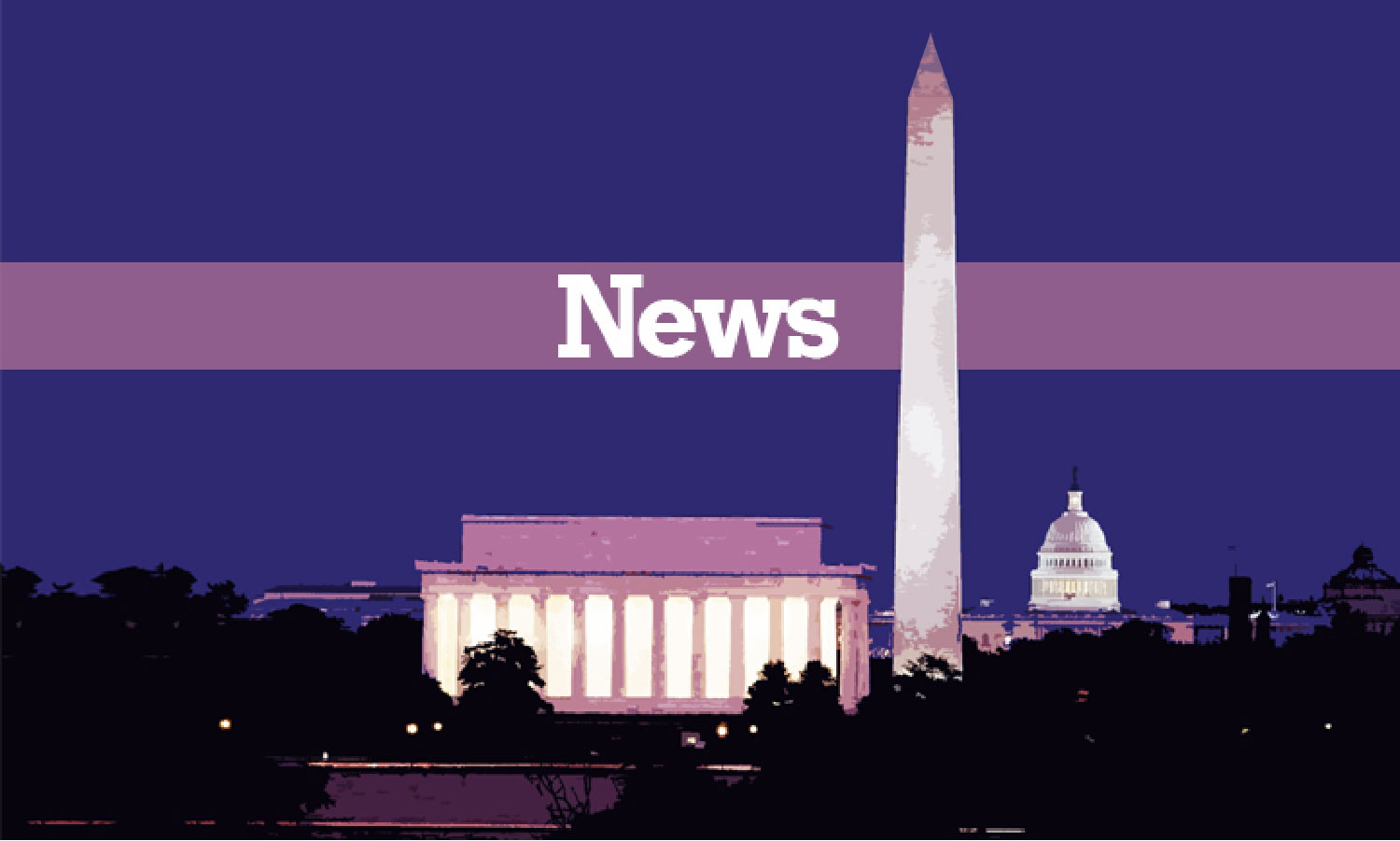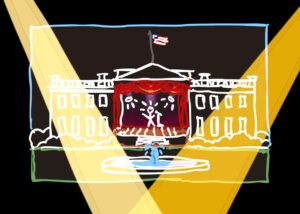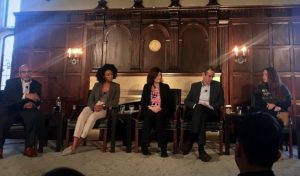Members of Georgetown’s Board of Directors contributed over $2.4 million in total to political causes between Jan. 1, 2015 and Dec. 31, 2020, covering three election cycles. 54 percent of those funds went to liberal or Democratic causes, while 39 percent went to conservative or Republican causes. Bipartisan political action committees (PACs) account for the remaining seven percent.
Political contributions can provide a look into the personal attitudes and beliefs of those in charge of all major university decisions. According to the Federal Election Commission’s website and the Center for Responsive Politics, 14 members of the 40 person board did not show any apparent political donations in the past six years. Of the 26 with documented contributions, seven members donated to both Republican and Democratic causes, nine members only gave to Democratic causes, while three only gave to Republicans. Six members gave to both Democrats and PACs, and one gave to both Republicans and PACs. One exclusively gave to a PAC. While the individual wealth of the board varies, several members are worth millions of dollars.
Democratic causes received over $1.3 million in the past three election cycles from members of the Board. Many members threw money at the 2016 and 2020 election cycle, with ActBlue, the Democratic National Committee, Hillary Clinton, and Joe Biden appearing on many individual contributions. Ann Sarnoff, Chair and CEO of Warner Bros., particularly focused on swing states and senators in 2020 while Thomas Purcell, President and CEO of Lake Trail Capital, donated substantially to Clinton in 2016. Sarnoff has donated nearly $200,000 in the past six years and Purcell has chipped in over $100,000.
Many of the specific candidates that members support are moderate Democrats, such as Joe Crowley, Eliot Engel, Steny Hoyer, and Hakeem Jeffries. On the other hand, Board member Afsaneh Mashayekhi Beschloss, Founder and CEO of RockCreek, has donated nearly $350,000 to the DNC and progressive Senator Ed Markey in the past six years. Beschloss, Sarnoff, and Michael Psaros, Co-Founder and Co-Managing Director of KPS Capital Partners, had the highest amount of Democratic donations of all Board members, although Psaros actually donated more to Republican causes since 2015.
A few other notable Democratic contributors include Dikembe Mutumbo, NBA Hall of Famer and President & CEO of the Dikembe Mutombo Foundation, Inc., who made nearly 350 small-dollar donations in the past six years, adding up to over $20,000, which contrasts with Bruce Blume, Founder and Chairman of the Blume Company Real Estate, who made a single donation of $33,000 to the DCCC in 2018. Member Suzanne Donohoe, Global head of Strategic Growth at KKR, provided $10,000 to the Working Together Joint Committee in 2020, which controversially provided funds to four Democratic representatives who had defended her company on the House floor a week earlier.
Of the over $950,000 donated to Republican causes since 2015, over $400,000 was provided by Psaros, accounting for approximately 43 percent of total Republican donations from board members. Members Kathleen Hugin and Joseph Baratta’s contributions combine to account for another 48 percent (over $460,000). Hugin is a former bond trader whose husband, Robert, is the former executive chairman of Celgene. Baratta is the Global Head of Private Equity at the Blackstone Group. Baratta also donated $180,000 to Democratic causes, notably to Clinton and Biden in their election years. Though there were no outright donations to President Donald Trump among the Board members, there were several donations to WinRed and to high ranking Republican Congress members such as Pat Toomey, Mitch McConnell, Lindsey Graham, Marco Rubio, and Susan Collins.
Members of the Board also supported 12 different PACs in the past three election cycles. While it is not clear which specific causes these donations were earmarked for, broader ideological trends emerge. The majority of the PACs lean right in terms of party contributions according to party contribution numbers from the Center for Responsive Politics. In all, around 60 percent of the combined funds of the 12 PACs have been directed toward the Republican party since 2015. The most conservative PACs supported by members of the Board include the American Investment Council (AIC) PAC and the American Hospital Association PAC, both of which have contributed over 90 percent of their funds to the Republican Party.
The most liberal PAC to receive donations from board members is the UBS America PAC which, at 51 percent, is the only PAC with a majority of its funds directed toward the Democratic Party in the past three cycles. The most commonly-funded PAC was the aforementioned AIC PAC, and the largest PACs to which members donated were UBS and the United Parcel Service, which has directed 70 percent of its $4 million in contributions in the past six years to the Republican Party. Other PACs focus on banking, business, and real estate.
The Board members with no apparent political donations included five members of the Jesuit order, a nun, and several foreign citizens. University President John DeGioia also did not have any publicly filed donations in the past six years. It is entirely possible that these members have provided funds or expertise in different forms that were not available to the FEC or The Center for Responsive Policies.
Overall, the difference between liberal and conservative donation recipients was notably close. As board members of a Jesuit university with a traditionally more liberal student body, donations were evenly distributed favoring moderate candidates on both sides of the aisle. While some have contributed to both conservative and democratic candidates since 2016, no member has directly supported President Donald Trump’s campaigns with financial contributions.






